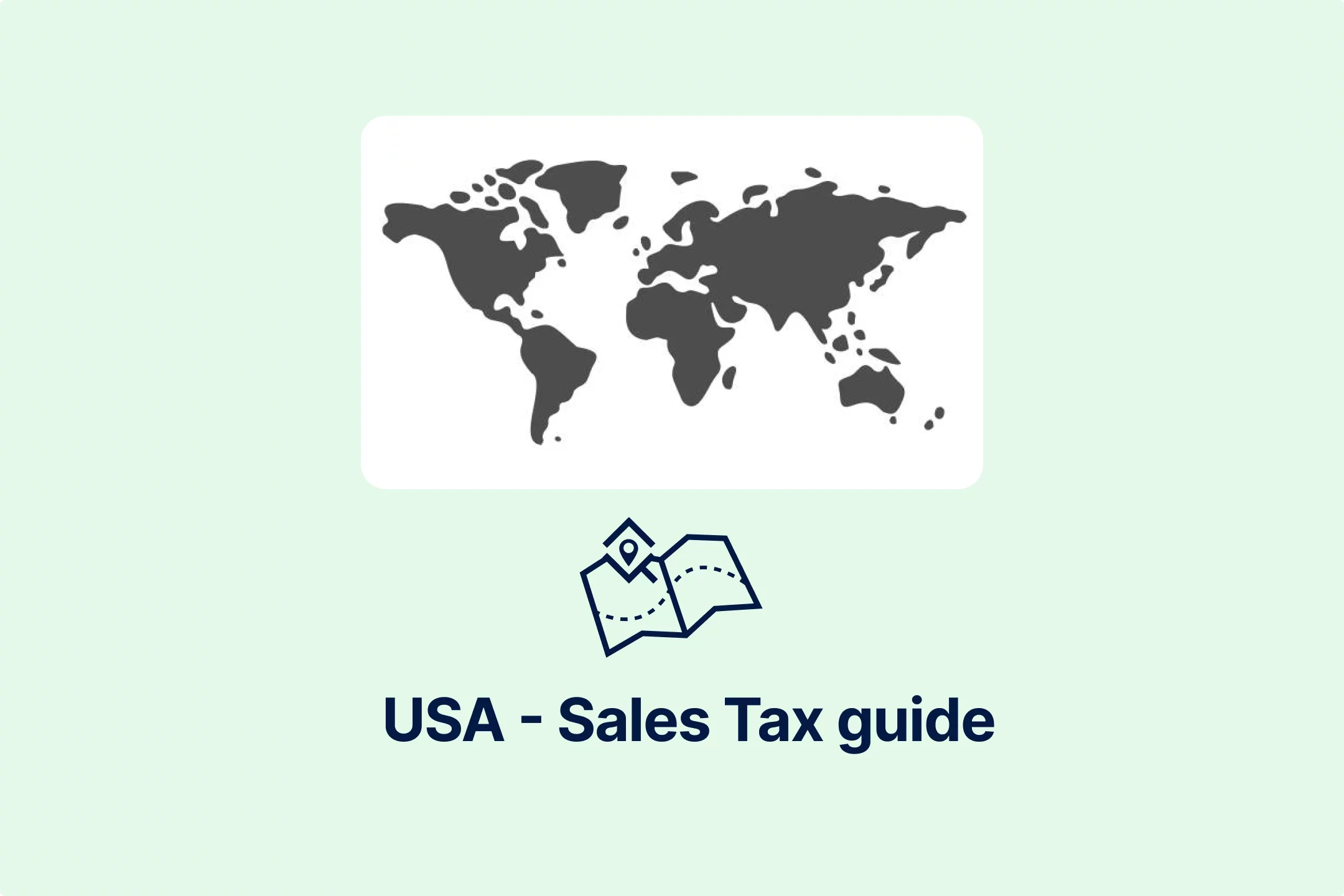Rhode Island Extends 7% Sales Tax to Short-Term Parking

Starting from October 1, 2025, the Rhode Islanders will face a new tax measure, as the Rhode Island Department of Revenue (Rhode Island DOR) enacted legislation that extends the state’s sales tax to short-term parking services. Under the bill, which is part of Rhode Island’s fiscal 2026 budget, short-term parking service providers and operators must register, collect, and remit sales tax on short-term parking while ensuring they handle the collected funds with the same legal responsibility as other trust fund taxes.
Sales Tax Requirements for Short-term Parking
The legislation defines short-term parking as the use of a parking space in a facility for a period of less than one month. At the same time, longer-term arrangements of a month or more remain exempt from the sales tax. The 7% sales tax applies broadly to include paid parking garages, event parking, beach parking, and municipally or state-operated parking lots.
Taxable persons engaged in providing short-term parking services must treat these charges as taxable retail sales, meaning sales tax must be itemized separately on receipts. Additionally, they must obtain a retail sales permit and file monthly Sales Tax Returns on Form RI-STR, with the first filing due on November 20, 2025.
Since this tax is regarded as a trust fund tax, taxable persons are deemed to be holding the funds on behalf of the state, and failure to remit them on time carries an interest rate of 18% annually in the event of violations. To further help taxable persons operating in this sector, the Rhode Island DOR issued a notice outlining the registration and filing requirements in greater detail.
Conclusion
With the introduced measure, Rhode Island is expanding its tax and revenue base by capturing services that had previously been untaxed, aligning parking with other taxable consumer transactions. However, for operators, this means more administrative work and greater responsibility, especially considering the trust fund nature of the tax and the significant penalties for non-compliance.
The imposition of the sales tax on short-term parking could also have a minor adverse effect on consumers, as it might increase everyday costs such as event parking, beach visits, or short-term garage use. Nevertheless, with October 1 approaching, taxable persons must act fast and prepare for the upcoming changes and obligations.

Featured Insights

Burkina Faso FEC E-Invoicing Mandatory July 2026
🕝 February 24, 2026More News from United States
Get real-time updates and developments from around the world, keeping you informed and prepared.
-e9lcpxl5nq.webp)







-fd4vrjrcmo.webp)











-qoqtiao7l2.webp)





-o0xyg5unvs.webp)










-sug7vykj81.webp)
















-pofe7ucwz3.webp)









-de8hdb1bn3.webp)








-xbhr0m4jsb.webp)


-ae6fi6cjox.webp)














-b0fpsws1w1.webp)





















-x78wuofpzj.webp)
















-b44f1vjl1i.webp)

-priw8nq5xc.webp)


.png)

.png)






























